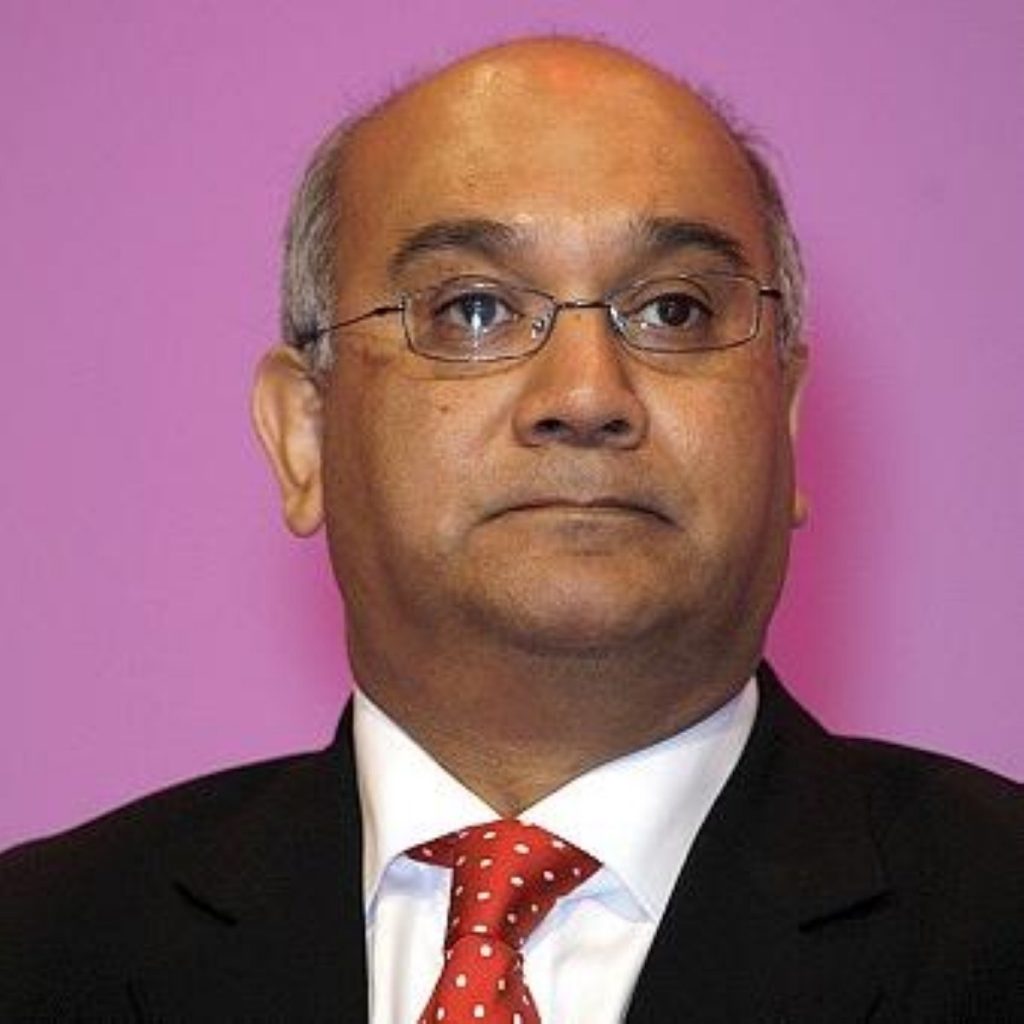Home Office exaggerated security leaks in Green case
By Ian Dunt
The Home Office “exaggerated” the damage to national security by the leaks which prompted the arrest of Damian Green, an influential committee of MPs has found.
In the first of various ongoing investigations into the actions which resulted in the arrest of the shadow immigration minister, the home affairs committee expressed concerns about the way the Home Office justified the case to the police.
It was “unhelpful to give the police the impression that the Home Office leaker(s) had already caused considerable damage to national security,” the MPs found.


A Conservative party spokesperson said: “We welcome this report which throws up a number of important questions. The fact that the committee concludes that the national security implications had been exaggerated contradicts what ministers said at the time and requires an urgent response from the government.”
The decision by Jacqui Smith to put the national security implications of the leaks centre stage when justifying the arrest to parliament provoked outright mockery by opposition politicians at the end of last year.
Taking questions on the affair, Conservative and Liberal Democrat MPs told the home secretary it was absurd to say Mr Green had to be arrested because of a possible future national security threat.
Most analysts agree the leaks emanating from the Home Office were politically embarrassing, rather than outright threatening to national security.
Liberal Democrat home affairs spokesman Chris Huhne said: “Frustration at the leaks within the Cabinet Office should not have led to the exaggeration of the facts.
“Officials seemed to have complained about national security when all they wanted to hide was their embarrassment.
“It is unacceptable for the police to be told that national security had already been damaged if it had not.”
The committee recommended the Cabinet Office review its guidance on leak inquiries so that the police are called in only when there is clear evidence that a criminal offence under the Official Secrets Act has been committed.
Mr Green was arrested in November last year, prompting a minor constitutional crisis in Westminster.
His parliamentary and constituency office was also searched by police.
The Home Affairs Committee report comes after in depth hearings with
the police, the Crown Prosecution Service (CPS), David Cameron, various government officials and ministers and the chairman of the Met, Boris Johnson, who is also mayor of London.
The description of the police operation is less than flattering. It even transpires that police had to call Mr Cameron to establish Mr Green’s whereabouts so they could arrest him.
“They even had to ring the leader of the opposition to ask for his help in locating Mr Green who was eventually found in Kent,” committee chairman Keith Vaz said.
“This owed more to the ‘Keystone Kops’ than ‘softy softly’.”
The report – the only parliamentary inquiry into the arrest – argues that the nature of the policing operation “may actually have complicated the situation”.
The investigation, strategy, arrest of Mr Green and searching of his office involved 24 police officers, and a number of strategy groups, including some of the most senior police officers in the country.
In evidence to the committee, former assistant commissioner Bob Quick, who resigned last week after potentially compromising a terrorist investigation, admitted: “our attempts to soften the impact of our operational decisions made the operation more unwieldy than it might otherwise have been”.
The committee called for new protocols required in the event of a search of an MP’s office, or their arrest.
“This case has raised a series of serious questions about the way such extraordinary and politically sensitive cases are dealt with, and exposed what is perhaps a lack of readiness or preparation in such circumstances,” Mr Vaz said.
“Once a police operation is under way politicians should only be informed of operational matters in exceptional circumstances or their actions may be open to misinterpretation.”
After a fraught hearing process, after which mayor Boris Johnson and chairman Mr Vaz sent each other an increasingly hostile flurry of letters, and at least one expletive-strewn phone conversation, the committee restrained itself to noting dryly two assessments of the mayor conducted in the capital.
“The committee noted that the standards committees of the Greater London Authority and Metropolitan Police Authority found that the mayor of London, Boris Johnson, had not breached their code of conduct, but some of his actions were unwise, and his motives could have been misinterpreted,” the committee said.
The committee also seemed to accept that the home secretary and other ministers did not know of the arrest until after it had taken place, in accordance with their official statements.
The Crown Prosecution Service today decided there was not enough evidence to lay charges against Mr green.

